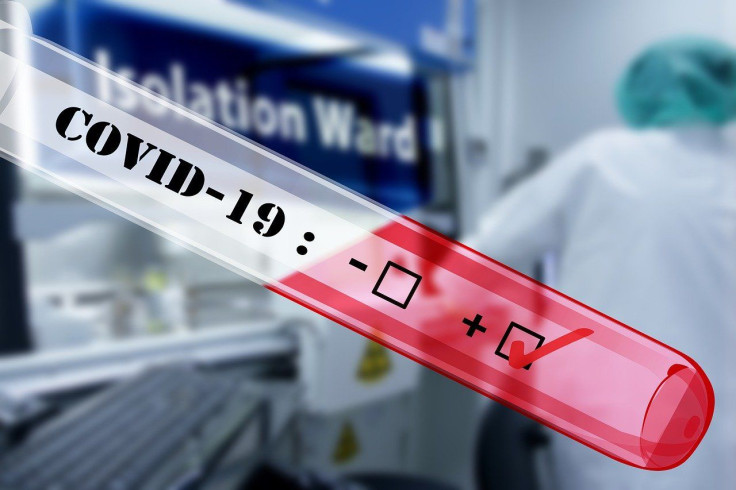3 Most Popular COVID-19 Myths Debunked
KEY POINTS
- The COVID-19 is deadly and people are relying on the internet for rapid information about the pandemic
- Some COVID-19 rumors online are becoming viral and the public thinks these are true
- These days, it is important to verify the source of information first
Many people are, currently, under home quarantine because most countries choose this measure to stop the spread of COVID-19. As a result, some people use the Internet as the primary source of information, especially on details related to the COVID-19 pandemic. But, there is some information online that is not true and could potentially do more harm than good.
Taking Ibuprofen or Advil Will Make COVID-19 Worse
Advil, an Ibuprofen marketed by GlaxoSmithKline, according to a viral COVID-19 rumor, could worsen COVID-19 symptoms. The information is rapidly spreading on text messages and on Twitter. Interestingly, the circulating rumor claims that it comes from a laboratory in Vienna, which focuses on COVID-19.
Sadly, there is no data to back this claim, but Ibuprofen is not at all totally harmless. There are pieces of evidence claiming that the non-steroidal anti-inflammatory could potentially increase the risk of heart attack or stroke. For those with fever, the WHO earlier recommended taking acetaminophen.
The Check and Recover Everyday or CARE booklet of the CDC recommends using Ibuprofen to lower the fever if the patient is diagnosed positive for COVID-19. “Patients should feel comfortable using Ibuprofen, Advil, or other anti-inflammatory medicine. It’s designed to target fever, body aches, and pains. If patients don’t feel comfortable taking Ibuprofen, they can always take Tylenol,” says Milly Smith of QuikMed Urgent Care.
Mosquitoes and Ticks Can Transmit COVID-19
The World Health Organization, as well as the Centers for Disease and Control Prevention, said that there is no evidence that ticks and mosquitoes can transmit the novel coronavirus. The COVID-19 is a respiratory disease that can be spread through droplets from mouth and nose.
Hot Bath Prevents The Novel Coronavirus
The World Health Organization clarifies that, up to this point, there is no scientific evidence that ties hot showers and baths from preventing the COVID-19. The institution instead recommends washing your hands with a foamy soap every so often. The WHO also suggests avoiding touching eyes, nose, face, and mouth with your hands and encourages social distancing.
At the time of this publication, there are more than 500,000 cases of COVID-19 all over the world. The lethal virus already killed over 27,000 people.

© Copyright IBTimes 2025. All rights reserved.






















